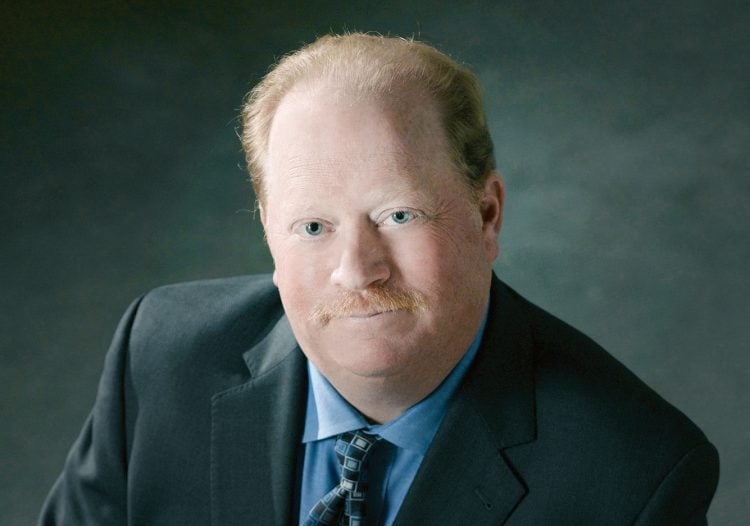Nearly two decades ago, in 2001, New York state’s insurance regulator—then known as the New York State Insurance Department and now known as the New York State Department of Financial Services (DFS)—promulgated a powerful anti-fraud regulation. The regulation, 11 N.Y.C.R.R. §65-3.16(a)(12), was intended to require that a health care provider, as a condition of eligibility for no-fault reimbursement, be owned and controlled by licensed physicians and not by non-physicians who disguise their ownership and control and secretly siphon all profits away from the physician whose name appears on the license issued by the state.
Since then, and under a number of different insurance superintendents and attorneys general, the state has continued to strongly support the regulation and its longstanding, straightforward, and well understood meaning. As the DFS has once again just reiterated, under §65-3.16(a)(12), a medical professional corporation (PC) is ineligible for no-fault insurance reimbursement if it fails to meet any condition of licensure, including the requirement of physician control.


 Evan H. Krinick, managing partner, Rivkin Radler
Evan H. Krinick, managing partner, Rivkin Radler




